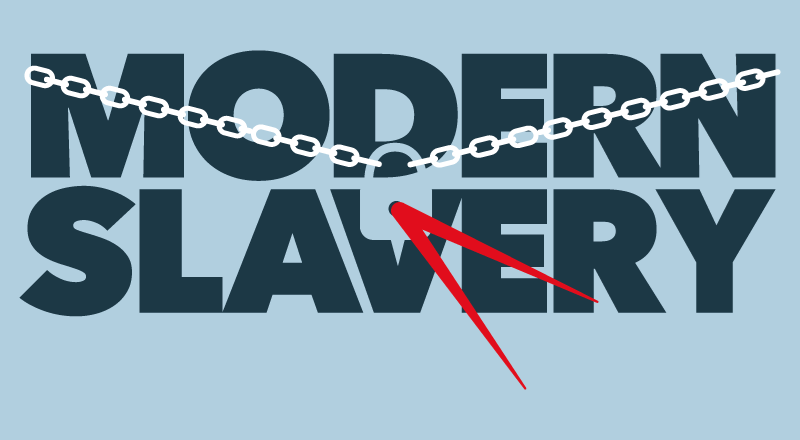As the UK public sector continues to deal with the post-pandemic aftermath – from the extra public spending as a result of COVID-19 and the need to tackle NHS backlogs to delivering government priorities including levelling up and the transition to net zero carbon by 2050 – the need for strong public sector financial management has never been greater.
Performance failures or a weak financial position in a public sector body can have serious consequences for everyone; from a reduction in essential services to tax rises. Auditors across the public sector are key to providing assurance about the way public funds are spent and bringing confidence to the public finances at a time when there is ample evidence of a severe loss of trust in government.
Oliver Simms, Manager of Public Sector Audit and Assurance at ICAEW, commented: “Public sector audit is critical in bringing confidence to citizens and their elected representatives on whether taxpayers’ money has been spent effectively and whether public assets have been put to good use.”
But awareness and understanding about the breadth and scope of public sector audits is also lacking, Simms warns, prompting ICAEW to launch a new online resource for those with an interest in public sector audit issues. “Our UK Public Sector Audit hub is designed to raise awareness of this vital area.”
The new hub is a useful resource for policymakers considering reforms to public sector audit and reporting, against a backdrop of regulatory change. In May, the government announced that it intends for the Audit, Reporting and Governance Authority (ARGA), the proposed new regulator of corporate audit and reporting, to become the system leader for English local audit. Meanwhile, reforms in Northern Ireland will mean that the accounts of non-departmental public bodies will be consolidated into their sponsor departments’ accounts for the first time in 2022/23.
Simms also hopes the new hub will encourage more ICAEW members to work in public sector audit. “Public sector audit provides an opportunity to help improve transparency and accountability, strengthen financial management in public bodies, and protect the public interest – improving the lives of all of us who rely on public sector services. ICAEW members have the skills and experience to make a real difference,” he said.
The hub includes nation-specific pages explaining the key features of audit in each of the four nations, including who audits each type of public sector body and the wider public sector audit work they undertake.
Public sector audit in the UK shares many key similarities with corporate audit, not least that financial audit is carried out under the International Standards of Auditing (ISAs) and the use of International Financial Reporting Standards (IFRS) in preparing financial statements.
However, there are some key differences from the private sector, both in the scope of audit reports and in the complexities of financial accounting in both central and local government bodies, Simms explains.
“Firstly, public sector audit has a much broader remit as, for example, local audit in England includes reporting on the audited bodies’ arrangements to secure value for money and involves quasi-judicial functions in the public interest.
“Secondly, arrangements differ between England and the other nations of the UK. England is the only nation where local audit is carried out wholly by private sector audit firms and not the national audit agency. In Wales, all local audits are carried out by Audit Wales, while Scotland has a mixed model, with two-thirds of public sector audits carried out by Audit Scotland and one-third by the private sector.”
The picture is equally mixed for other public sector audit and reporting. For example, Northern Ireland Audit Office contracts out some of its audit work of the devolved government but the Northern Irish Comptroller and Auditor General remains the statutory auditor responsible for signing the audit opinion but, in Scotland, this is the responsibility of appointed auditors, that can be from private sector firms.
See also ARGA to act as system leader for local audit | ICAEW
Recent articles
Future of audit
Following the UK government's feedback statement on audit and corporate governance reform, we explore the various factors shaping the profession in 2022.




